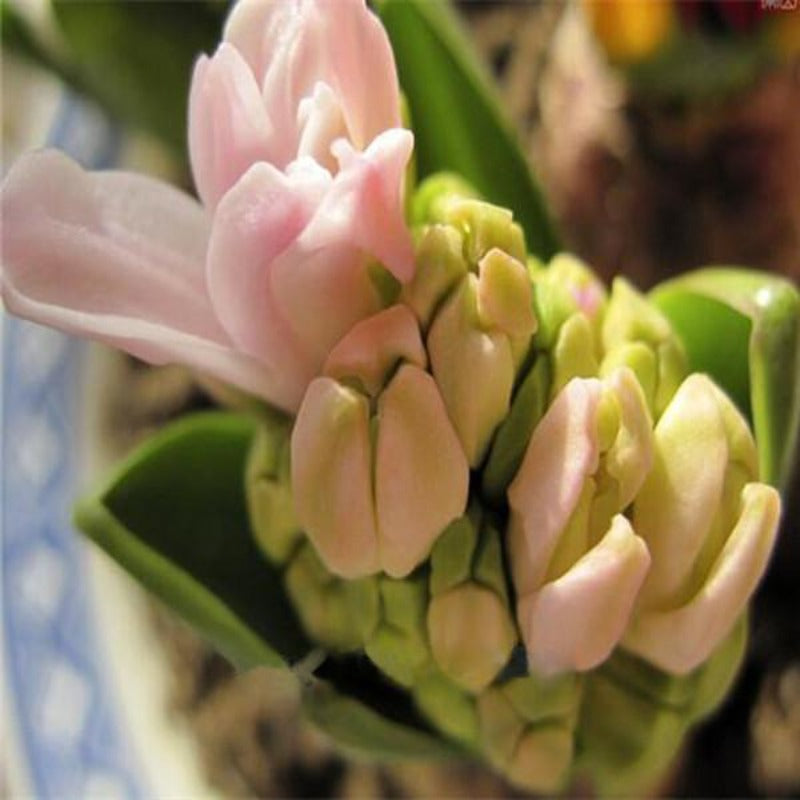- Species and varieties: The hyacinth bean (Lablab purpureus) is a species of bean in the family Fabaceae. It is known for its beautiful purple flowers and pods. Varieties include 'Ruby Moon', 'Purple Moon', and 'Silver Moon'.
- Hybrid or heirloom: Hyacinth bean seeds are typically heirloom varieties, meaning they are open-pollinated and have been passed down through generations without genetic modification.
- Pruning and training: Hyacinth beans are vigorous climbers and benefit from support such as trellises or fences. Pruning is not typically necessary, but removing spent flowers can encourage more blooms.
- Fertilization needs: Hyacinth beans do not require heavy fertilization. A balanced, all-purpose fertilizer applied at planting time is usually sufficient. Over-fertilization can lead to excessive foliage growth at the expense of flowers.
- Hardiness zones: Hyacinth bean plants are suitable for USDA hardiness zones 9-11. They can be grown as annuals in cooler climates.
- Climate requirements: Hyacinth beans thrive in warm climates with full sun exposure. They require a growing season of at least 90 days of warm weather. They are drought-tolerant once established but prefer regular watering.




